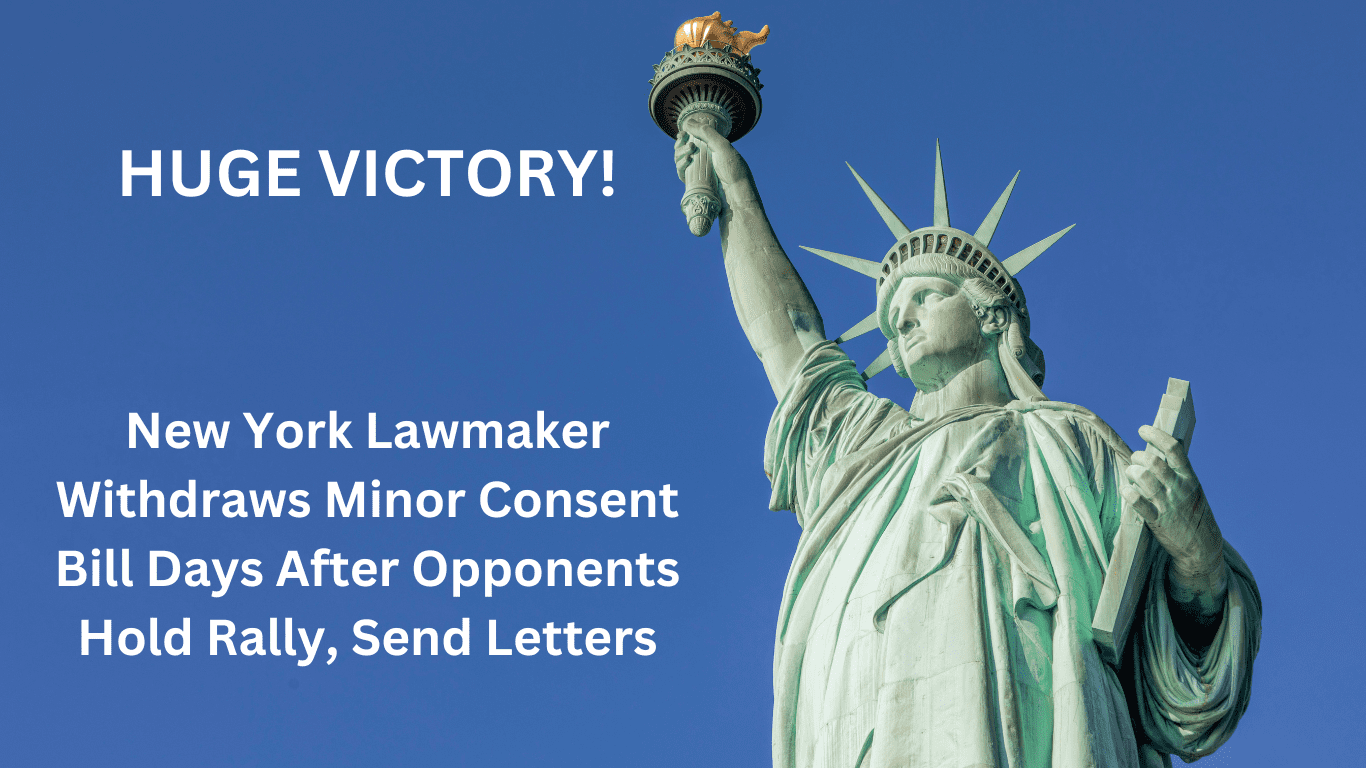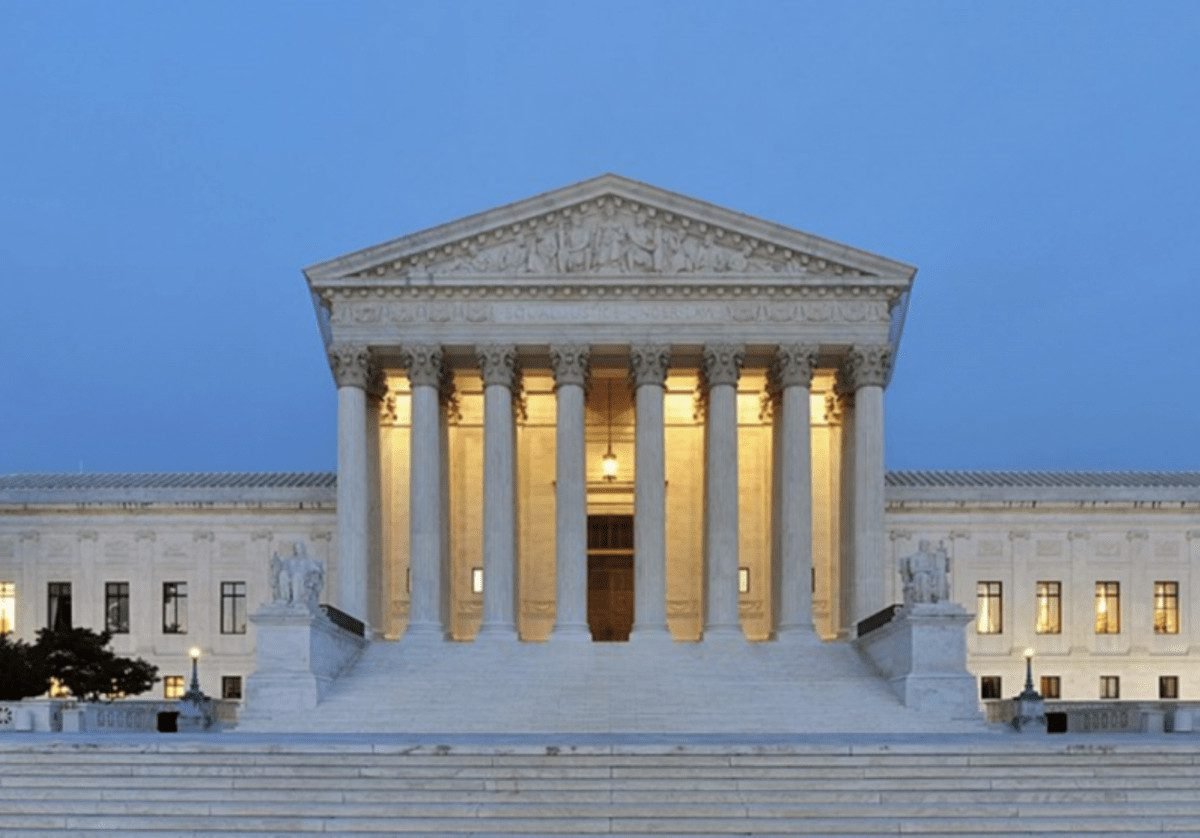By Jacob Kaye Queens Daily Eagle June 6, 2023 https://queenseagle.com/

ASSEMBLYMEMBER JEFFREY DINOWITZ INTRODUCED A BILL LAST WEEK THAT WOULD REQUIRE THE STATE TO GRANT BACK PAY TO 15 JUDGES WHO WERE BRIEFLY LAID OFF IN 2020. AP FILE PHOTO BY HANS PENNINK
Fifteen senior judges who were let go by top court officials in 2020 only to be rehired around half a year later could receive back pay for the months they were temporarily unemployed under new legislation introduced in the state legislature last week.
The legislation, which is carried by State Senator Jamaal Bailey and State Assemblymember Jeffrey Dinowitz, would allow for the 15 judges to receive salary and pension benefits for the time period between Jan. 1, 2021 and June 14, 2021. The five and a half month span of unemployment for the judges, and nearly three dozen other judges, came after a controversial decision by the Office of Court Administration to deny recertification to a number of senior judges amid an alleged budget crunch caused by the pandemic.
The austerity measure, which was backed by then-Chief Judge Janet DiFiore, was met with ire from New York State judges, a number of attorneys and others who felt the state’s courts could not afford to lose 46 judges during a time in which backlogs were mounting throughout the court system.
But for the 15 judges who were eventually approved for recertification several months after they had been let go, the new legislation aims to make them whole.
“It’s a bill about fairness and equity,” Dinowitz told the Eagle on Monday. “The intention is to make [the judges] whole, because they were unjustly dismissed by the previous chief judge.”
“To the extent that we can, we want to fix the problem,” the Bronx lawmaker added. “They should have never suffered in the first place.”
According to the legislation, the 15 judges would be paid their salary for the five and half month span.
Under the bill, OCA would be required to cover the costs of the judges pension payments during that time period. It would also require the New York state and local employees’ retirement system to reinstate the justices and to adjust their seniority and credit.
For the judges who began to draw from their pension accounts in the months that they were unemployed, the comptroller would be authorized to “waive the payment of interest” for those judges, according to the legislation.
If passed into law, the legislation is expected to cost the court system $2 million, according to an Office of Court Administration spokesperson.
“They wouldn’t suffer any negative pension consequences and they would also make up some of the lost salary,” Dinowitz said. “For the time that they were out, they can’t get pension credit and salary, but they can get one.”
“We just want to fix the imbalance that was put into effect,” he added.
When a New York judge reaches the age 70, they are required to either retire or apply for recertification. They can again apply for recertification at the age of 72 and 74, and must retire at 76.
Up until 2020, the process was relatively pro forma. Under the state’s judiciary law, judges need only meet two qualifications in order to be recertified – they have to be proven to be mentally and physically fit, and there needs to be a need for them on the bench. However, discretion for a judge’s recertification ultimately lies with the Administrative Board of the Courts of New York, which is chaired by the chief judge and includes the presiding justices of the Appellate Divisions.
Facing a budget crisis brought on by the first year of the pandemic, the Office of Court Administration declined to recertify a majority of judges over the age of 70 looking to continue serving in the courts.
In total, 46 of the 49 judges who applied were denied in the fall of 2020, and told they would not work beyond the end of the year.
The denials, as well as other budget reductions, were expected to save the court system $300 million.
At the start of 2021, court officials found that the financial impacts of the pandemic were not as severe as expected.
OCA then invited the judges to again apply for certification, an offer only half of the laid off judges took up.
Only half of those judges who reapplied in 2021 ended up taking positions back on the bench.
The legislation introduced last week has the support of the state’s judges.
“In the interest of fairness and justice for some of the state’s most experienced and knowledgeable judges who – through no fault of their own – were denied individual consideration of their applications for ‘certification’, as set forth in the constitution and by statute, this bill would assist in rectifying some of the financial burdens suffered by them as a result of that unfairness,” said Judge Mary Farley, the president of the Association of Justices of the Supreme Court of the State of New York.
“We appreciate the legislators’ consideration of this bill and stand ready to assist them in that consideration,” she added.
In a statement to the Eagle, an Office of Court Administration spokesperson said that court leadership is also in support of the legislation and defended the recertification denials.
“At the outset of the pandemic, the Office of Court Administration was asked by the New York State Division of Budget to make drastic cuts to its spending,” Lucian Chalfen, OCA’s spokesperson said. “The non-certification of certain justices was one of many cost-cutting measures considered and acted upon. When the Courts were notified later in 2021 that federal funds were being made available and spending cuts were no longer necessary, the impacted justices were invited to reapply for certification.”
“The Office of Court Administration agrees with the bill sponsors that the impacted justices, through no fault of their own, were not compensated for the approximately 5 and a half month period indicated in the bill and should be made whole in terms of their salary and pension,” Chalfen added.
Dinowitz has been behind several pieces of legislation that take aim at OCA’s 2020 cost cutting measure.
In 2021 and 2022, he introduced legislation to make the recertification of judges 70 years or older a near automatic process. Rather than make their appeal to the Administrative Board of the Courts, the judges would be recertified if they proved mentally and physically fit – as they currently need to do – and if there is a proven need for them on the bench, under the legislation.
Governor Kathy Hochul pocket vetoed the bill at the start of 2022 and then again vetoed it at the start of 2023 after being passed by the legislature both years.
Hochul said that the bill would wrongly take “discretion” to recertify judges out of the hands of the board.
“The Administrative Board considers various factors when determining whether to recertify a retiring judge or justice, including, for example, whether the justice has been the subject of complaints or involved in activities that undermine public confidence and trust in the courts,” Hochul said in her January veto.





